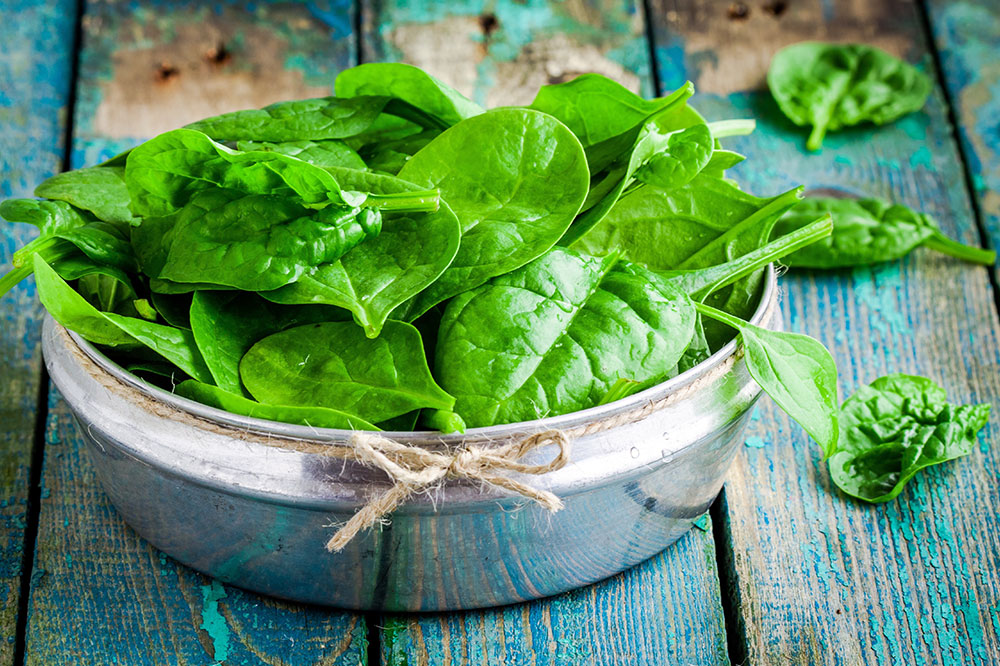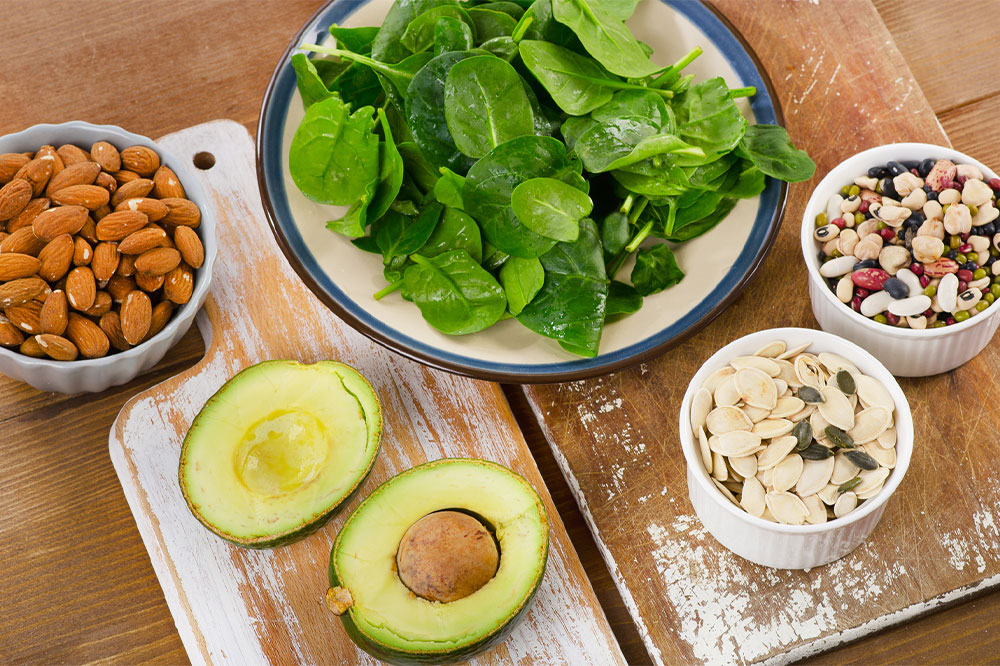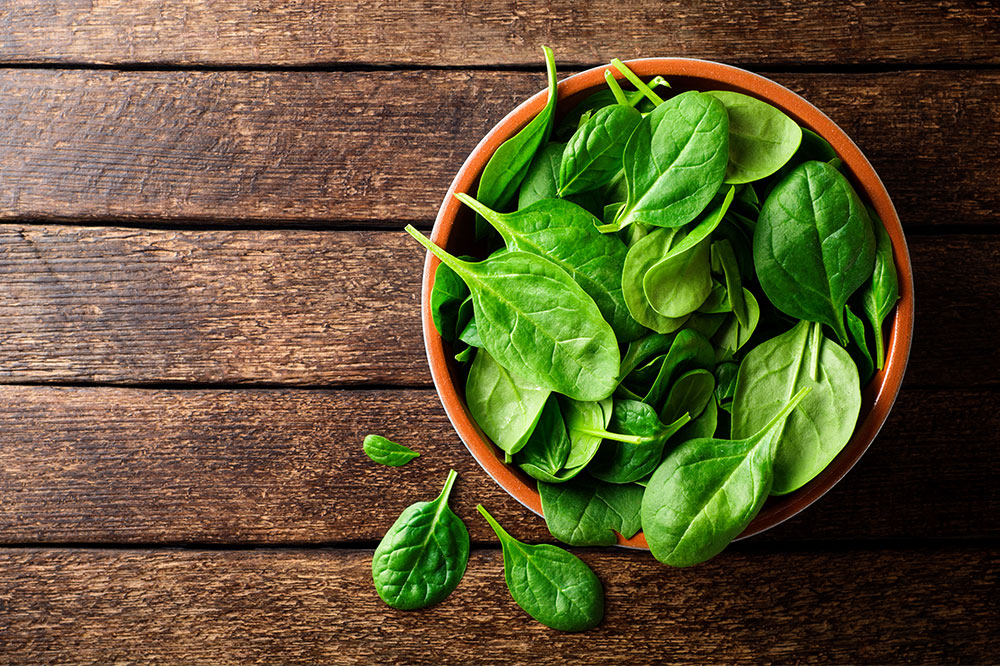Effective Dietary Strategies: Top 6 Foods to Alleviate Migraine Symptoms Naturally
Explore effective dietary strategies to naturally reduce migraine symptoms. This comprehensive guide highlights six key foods—such as carrots, bananas, dark chocolate, and leafy greens—that can help alleviate migraine frequency and severity when incorporated into your diet. Combining nutrition with lifestyle changes and proper medical treatment offers a holistic approach to migraine management, improving quality of life for sufferers.

Effective Dietary Strategies: Top 6 Foods to Alleviate Migraine Symptoms Naturally
Migraines are a debilitating neurological condition that impacts millions of people worldwide. These severe headaches often come with other symptoms such as nausea, sensitivity to light and sound, and visual disturbances. While medication is commonly prescribed, many individuals seek natural ways to control and reduce the frequency and intensity of their migraines. One promising approach involves dietary modifications. Certain foods can both trigger and alleviate migraine symptoms, emphasizing the importance of diet in managing this condition. Incorporating specific nutrient-rich foods into your daily meals can potentially reduce the occurrence of migraines, improve overall well-being, and enhance quality of life. In this comprehensive guide, we explore the top six foods that may help diminish migraine symptoms and offer practical tips on including them in your diet for effective migraine management.
Understanding Migraine Triggers and Relief
Migraines are complex neurological events influenced by various factors, including genetics, environmental triggers, hormonal changes, and dietary habits. While it’s essential to identify and avoid known triggers such as alcohol, caffeine, processed foods, and artificial sweeteners, focusing on foods that promote health and neurological stability can make a significant difference. Nutrient-rich foods with anti-inflammatory and neuroprotective properties are especially beneficial in decreasing migraine frequency and severity. Alongside lifestyle modifications like stress management and regular sleep schedules, dietary strategies offer a holistic approach for those suffering from migraines.
Hydration and The Role of Water-Rich Foods
Dehydration remains one of the leading migraine triggers. Ensuring adequate hydration is crucial for preventing headaches. Including water-rich foods in your diet can help maintain optimal hydration levels, especially if you find it challenging to drink enough water daily. Vegetables such as carrots and fruits like watermelon are excellent choices. Carrots, with their high water content, not only contribute to hydration but are also rich in essential nutrients. Additionally, their beta-carotene content supports eye health and immune functions, contributing to overall well-being. Watermelon, made up of over 90% water, provides a hydrating and sweet snack option, helping to prevent dehydration-induced migraines.
Magnesium-Rich Foods and Their Significance
Magnesium plays a vital role in nerve function and muscle relaxation, making it an important mineral for migraine prevention. Several studies have demonstrated that magnesium deficiency correlates with increased migraine risk. Incorporating magnesium-rich foods into your diet can help stabilize nerve activity and reduce the frequency of migraines. Foods such as bananas, leafy greens like spinach and kale, and dark chocolate are excellent sources of magnesium. Bananas are not only easy to incorporate into breakfast but also contain other vital nutrients that support overall health. Spinach and kale can be added to smoothies, salads, or cooked dishes, providing a substantial magnesium boost. Dark chocolate, ideally containing at least 70% cocoa, offers a delicious way to increase magnesium intake, but moderation is key, especially if chocolate may sometimes trigger migraines.
Additional Foods Beneficial for Migraine Relief
Leafy Greens (Spinach & Kale): Rich in magnesium and folate, these vegetables are key in reducing migraine frequency. Prepare spinach in omelets or smoothies, and add kale to salads or stir-fries for a nutrient-dense meal.
Herbal Teas (Peppermint & Ginger): Natural remedies such as peppermint and ginger teas can soothe headaches. Peppermint aids sinus relief, while ginger can diminish tension and inflammatory responses—simple yet effective additions to your daily routine.
Dietary Tips for Managing Migraines
Balancing your diet by including these nutritious foods can help mitigate migraine symptoms. Combined with lifestyle practices—such as managing stress, maintaining a consistent sleep schedule, and regular physical activity—you can create a holistic approach to migraine management. Monitoring individual responses to certain foods and keeping a food diary may also help pinpoint personal triggers and identify effective dietary strategies.
Medications and Medical Treatments for Migraine Relief
While dietary changes are helpful, severe or chronic migraines often require medical intervention. Several advanced medications are designed to target specific pathways involved in migraines. For example, UBRELVY (ubrogepant) is a medication that blocks calcitonin gene-related peptide (CGRP) receptors, which play a crucial role in migraine pathophysiology. Nurtec ODT (rimegepant) offers fast-acting relief by inhibiting pain-signal transmission and preventing episodes when taken at the onset of symptoms. Over-the-counter remedies such as Excedrin combine pain-relieving and anti-inflammatory components like aspirin, acetaminophen, and caffeine, providing quick relief but should be used judiciously. Consulting a healthcare professional for tailored treatment plans is essential for managing migraines effectively.
In conclusion, adopting a diet rich in specific beneficial foods, along with lifestyle adjustments and appropriate medical care, can significantly improve the quality of life for migraine sufferers. Recognizing dietary triggers and integrating nutrient-dense foods like carrots, bananas, dark chocolate, leafy greens, watermelons, and herbal teas into your daily routine may help reduce the frequency and severity of migraines naturally. Always seek personalized advice from healthcare providers to develop a comprehensive migraine management plan tailored to your needs.





